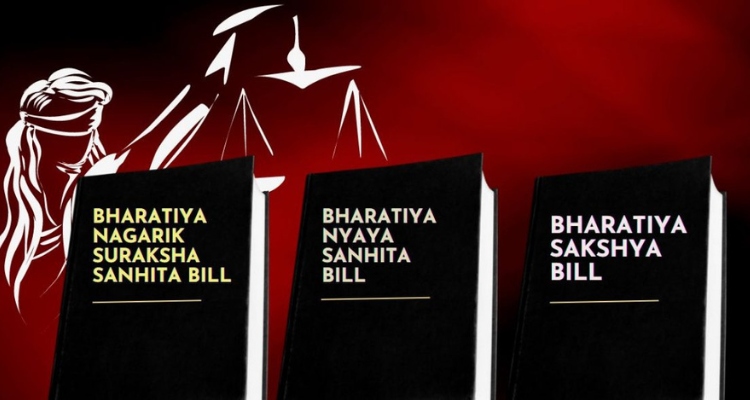
Union Minister of State for Law and Justice Arjun Ram Meghwal stated that the new criminal laws would take effect on July 1, dismissing opposition claims that the decision was made without consultation.
Meghwal announced that the Indian Penal Code (IPC), Code of Criminal Procedure (CrPC), and Evidence Act would be replaced by the Bharatiya Nyaya Sanhita, Bharatiya Nagarik Suraksha Sanhita, and Bharatiya Sakshya Acts. He also stated that necessary training programs and infrastructure development for implementing the new laws were already underway.
“The three new laws will be implemented from July 1 to provide timely, speedy, and error-free justice,” Meghwal said during the inaugural session of ‘India’s Progressive Path in the Administration of Criminal Justice System’ held in Kolkata.
Allegations of Inadequate Consultation
Meghwal responded to allegations of inadequate consultation, saying, “Some people claim they were not consulted. This is untrue. The demand for change in colonial laws has been long-standing, and the process has already begun.”
The minister explained that, while suggestions were solicited from all states, only 18 states and six Union Territories responded. “Even the Chief Justice of India, chief justices of 16 high courts, five law academies, and 22 law universities provided their suggestions,” he stated.
“We contacted every MP, but only 142 responded, including members of both houses. Suggestions were also sought from all MLAs nationwide, but only 270 responded. We consulted widely, but not everyone provided feedback,” Meghwal explained.
“These laws were formulated after four years of thorough consideration. Claims of no consultation are false. Full consultations were held, including 58 meetings chaired by Home Minister Amit Shah,” he emphasised.
Rationale for Change
Meghwal went on to explain why it was necessary to move away from colonial-era laws in light of societal advancements and technological involvement.
“With changing times and new technologies, there must be improvements. Citizens were not receiving timely justice, so we have included zero FIR, mercy petition, and gender neutrality. The system had issues, which is why changes are being made,” he reasoned.
He concluded by stating that the new laws are people-centered and timely, reflecting India’s rapid development.
The event was also attended by Chief Justice of the Calcutta High Court TS Sivagnanam, Secretary of the Ministry of Law and Justice Rajiv Mani, and Reeta Vasishta, Member Secretary of the Law Commission of India.




